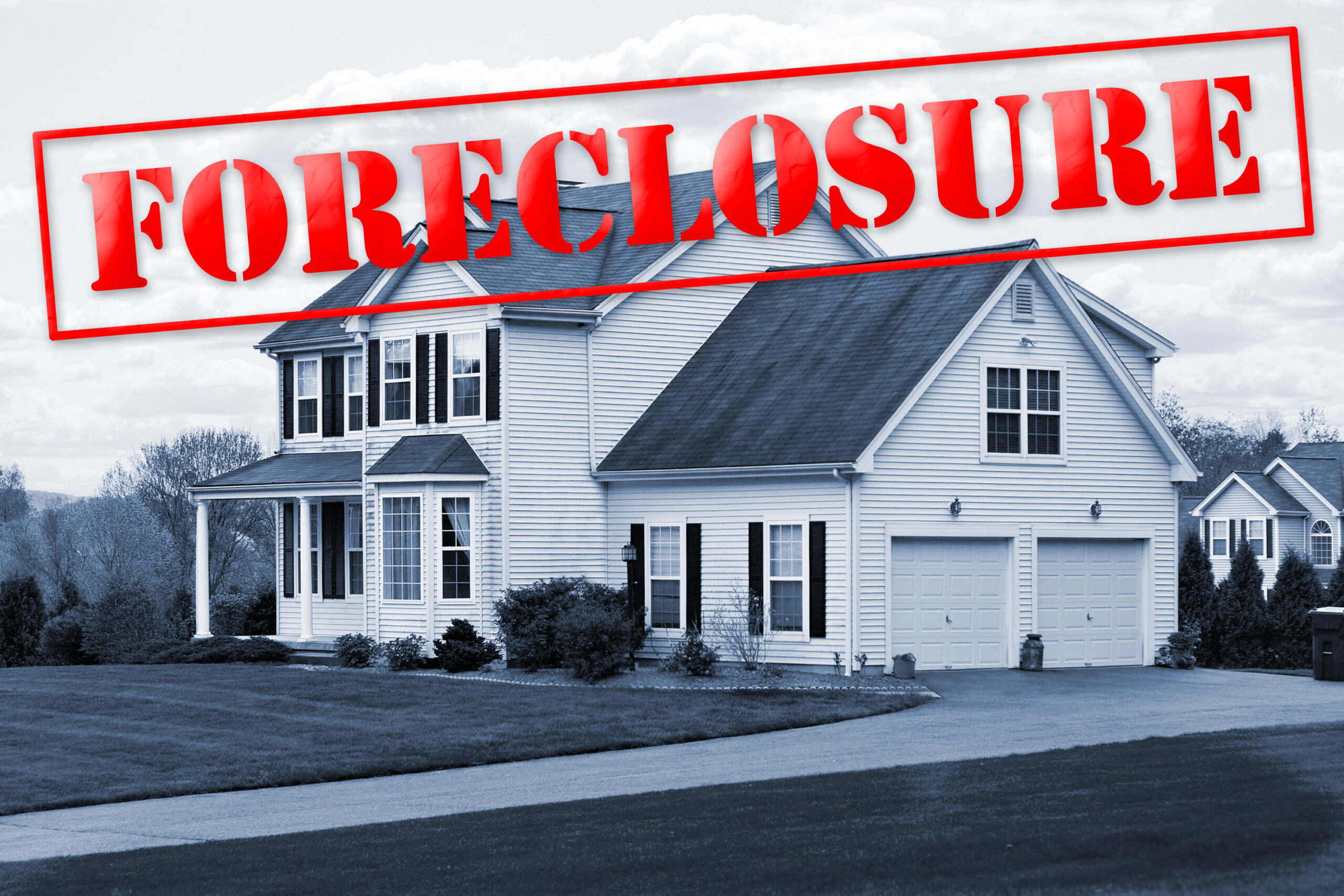The Israeli startup SixtyFive’s origins can be traced to the small U.S. market share of eligible older households who could qualify for a reverse mortgage..
Continue reading‘More reverse mortgage servicing protections needed’
The NCLC recommends the CFPB & the FHA create these reverse mortgage servicing protections
After several years of servicing issues for both borrowers and their heirs reverse mortgage originators and lenders alike welcomed the news in March 2022 that Celink had been awarded the servicing of HECM loans held in assignment by the Federal Housing Administration. However, a history of previous servicing shortfalls from numerous servicers has led some to call for increased oversight and protections to prevent unnecessary foreclosures of HECM loans.
On February 6th the National Consumer Law Center published an article by Sarah Bolling Mancini entitled, “Unmet Promise: Reverse Mortgage Servicing Challenges and How to Preserve Housing Stability for Older Adults”. Mancini outlines several servicing shortfalls that may have led to avoidable foreclosures.
[read more]
“There are roughly 480,000 reverse mortgages currently outstanding in the United States.”, writes Mancini who notes this number will likely grow as baby boomers age. More importantly, she notes HECM borrowers who are delinquent on their property charge payments face hurdles in accessing the resources needed to satisfy the overdue charges to avoid a technical default and foreclosure. Mancini notes, “The crisis of preventable reverse mortgage foreclosures does not impact all communities equally. Historically, people of color have been more likely to take out reverse mortgages, due to the legacy of discrimination and policies that limited their wealth-building opportunities, and they are also more likely to end up in reverse mortgage foreclosure.”.
The NCLS’s full report (which we’ve included a link to in today’s show notes) provided several examples of where servicing failed HECM borrowers. Here’s one. Jean Reese, a 76-year-old African-American woman living in Philadelphia, fell behind on her property taxes during the Covid-19 pandemic. She made a payment arrangement with the city and also kept in regular contact with her HECM loan servicer. Despite these efforts in December 2019, the servicer paid the remaining property taxes she had arranged to pay with the city and also paid her future 2020 taxes. It’s a lengthy and complex story but in the end, Reese had to obtain legal assistance to conclude the matter and avoid foreclosure.
Drawing on their findings in the report, Mancini and the NCLC made four recommendations for FHA and the Consumer Financial Protection Bureau to help prevent avoidable foreclosures. The recommendations for the FHA include (1) Allowing flexibility with property charge loss mitigation policies, (2) Rescinding the due and payable status when loss mitigation is approved, (3) Allowing loans to be assigned to FHA while in an active loss mitigation plan, and (4) require a loss mitigation review. The recommendations to the CFPB include (1) the inclusion of reverse mortgages in the RESPA mortgage servicing rules, (2) working with FHA on effective reverse mortgage communications, (3) prioritizing reverse mortgage servicer supervision and enforcement, and (4) requiring prompt payoff statements.
The NCLC conducted a nationwide survey of senior advocates who handle reverse mortgage cases. Some of the more notable responses said that some servicers declared a homeowner was still in default despite them being already enrolled in a state or local tax deferral or repayment program.
Addressing the servicing issues outlined in the report only stands to strengthen the reputation of the reverse mortgage among older homeowners, senior advocates, and professionals. Or has Mancini put it to ‘fulfill the promise’ of the loan to help older homeowners age in place. What are your thoughts on the NCLC’s recommendations? Do you think these servicing reforms need to
[/read]
Should you pay a mortgage until age 90?
A recent column in MarketWatch begs the question- should one continue making mortgage payments for what is effectively the remainder of their life?
Continue readingThe 2023 housing market forecast
This week we look at what reverse mortgage professionals may expect of home values in 2023
Continue readingPart 2: Our Interview with Loren Riddick
In Part 2 Loren explains how he effectively partners with real estate and financial planning professionals to build referrals…
Continue readingLoren Riddick: A Perfect Storm of Opportunity
Loren Riddick shares his real-life experiences in creating a steady stream of qualified and motivated potential borrowers from these referral partners…
Continue readingOver 10 million 65+ homeowners still have a mortgage
The data is in. Over 10 million 65+ homeowners still have a mortgage- many may need relief…
Continue readingThe HECM’s 10-year business cycle
What is the 10-year business cycle and where is our industry in it?
Continue readingThe Top Stories of 2022
These are the top reverse mortgage stories covered on HECMWorld in 2022…
Continue reading3 trends reverse mortgage pros should watch in 2023
There are three trends reverse mortgage lending professionals will want to watch in the new year…
Continue reading








